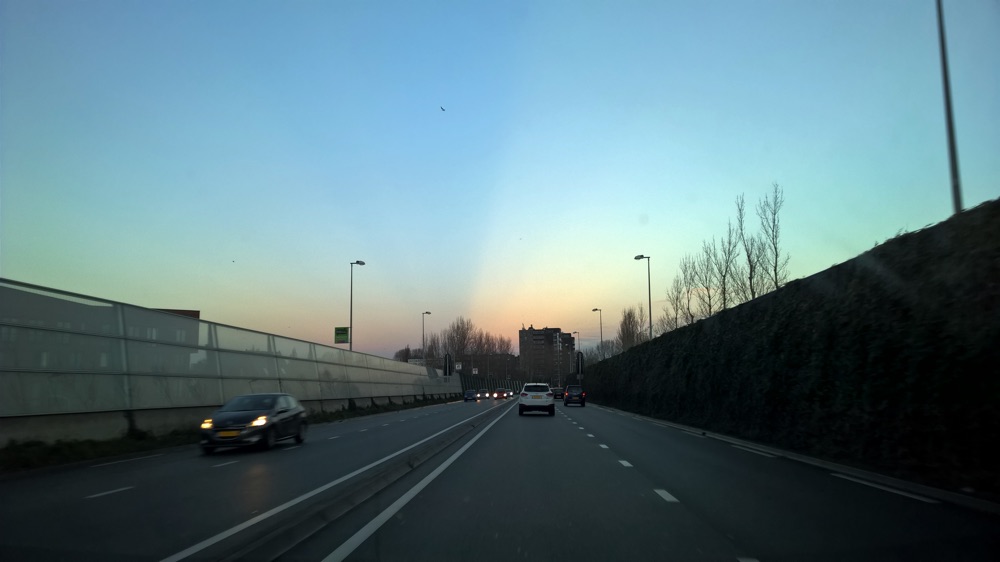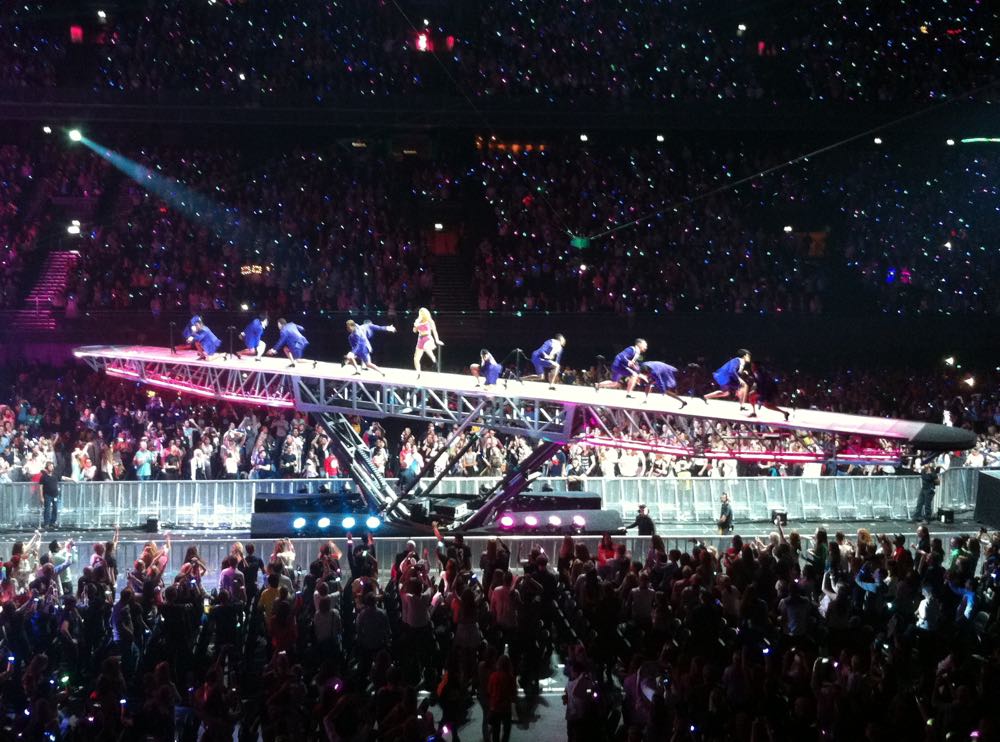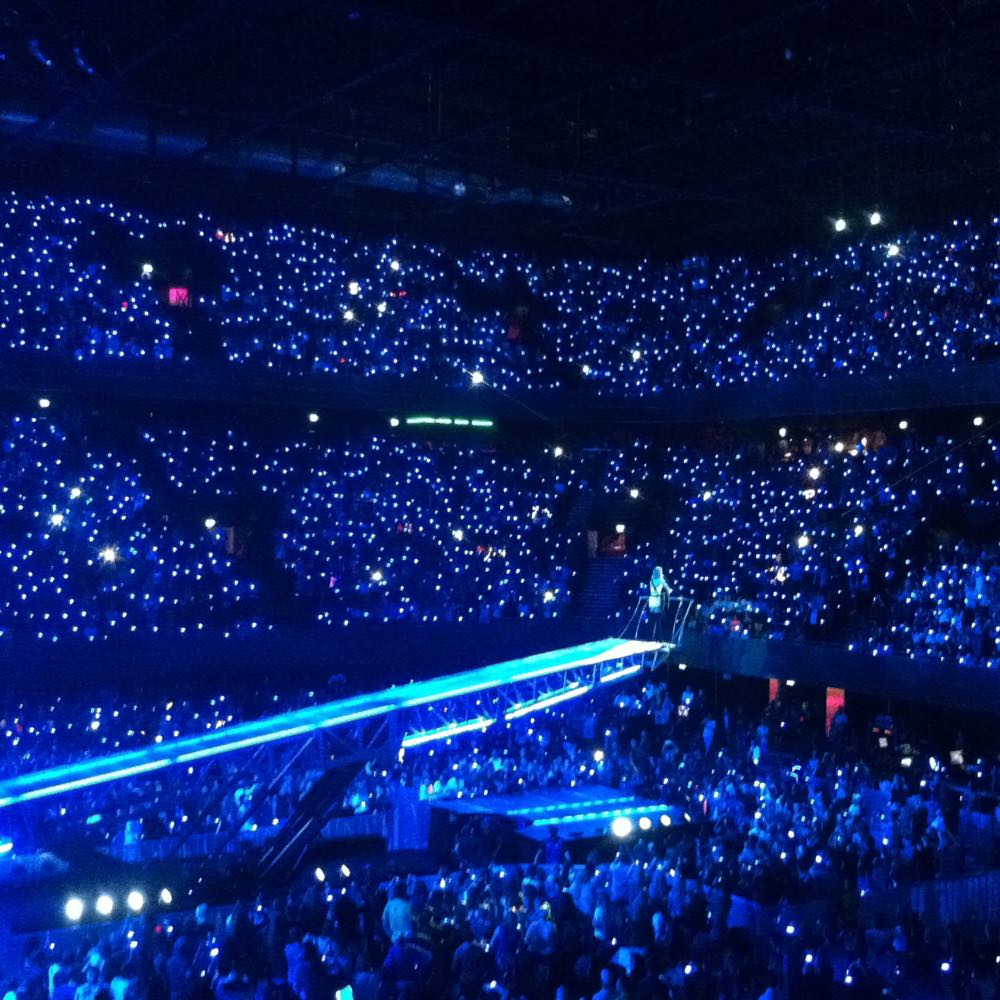(Still catching up on events from earlier in the year.)
On Sunday 7th June, Fiona, Abi, and I took part in the second (annual?) “Treasure Games”, a set of GPS treasure hunts organized by Recreatie Noord-Holland. Five nature and recreation areas around Noord-Holland offered treasure trails designed to show people around the area, and highlight spots that they might nit have come across before, such as adventure playgrounds, kinderboerderijen (petting zoos), inland marinas, picnic spots, and so on. Noord-Holland is heavily urbanized and densely populated, but the landscape between the cities is littered with carefully tended canals, polders, windmills, and nature reserves. It’s not wilderness by any stretch of the imagination, but the landscape is managed in such a way that when you leave the city behind, you can quickly find yourself in wide open countryside. The Treasure Games were a way to encourage people to get out and make use of the space.
Perhaps we should have gone further afield and explored a different area, but het Twiske is just a short bike ride away, and we like it. We showed up at the Twiske information in time for the 13:00 start…along with about 17 other people. When I saw so few people there, I thought we were late for the start. The organizers said that they’d hoped for more people, too. Last year they had about 50 people take part, and seeing less than that must have been a disappointment. Apparently posters had been distributed to all local schools to bring in a younger audience. I had heard about it on the radio. Earlier in the week, while dropping off Alex at school, I happened to hear someone from Recreatie Noord Holland being interviewed about it. So clearly there was some advertising budget behind the event. (I don’t think I saw any posters in the usual spots around the village, though.)
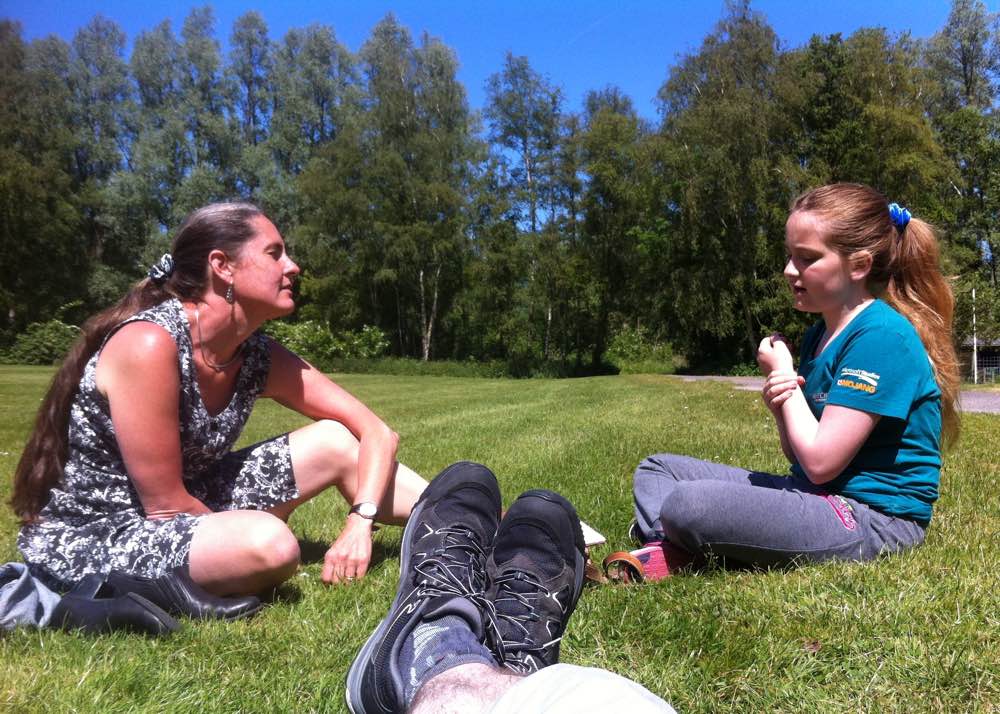
For us, at least, it was an easy sell. A GPS treasure hunt on foot and on bike around our favourite local nature area, on a lovely day? Fun! With a first prize of a hot air balloon trip around Noord-Holland? What was not to like?
Some of the people who had showed up disagreed. They didn’t realize that the hunt in het Twiske at least was primarily set up as a bike tour. To be fair, that was only mentioned in the small print of the PDFs we’d downloaded before the start. So when they decided not to take part after all, there were fewer than 20 people taking part in the tour. And apparently there were 20 prizes to give away…
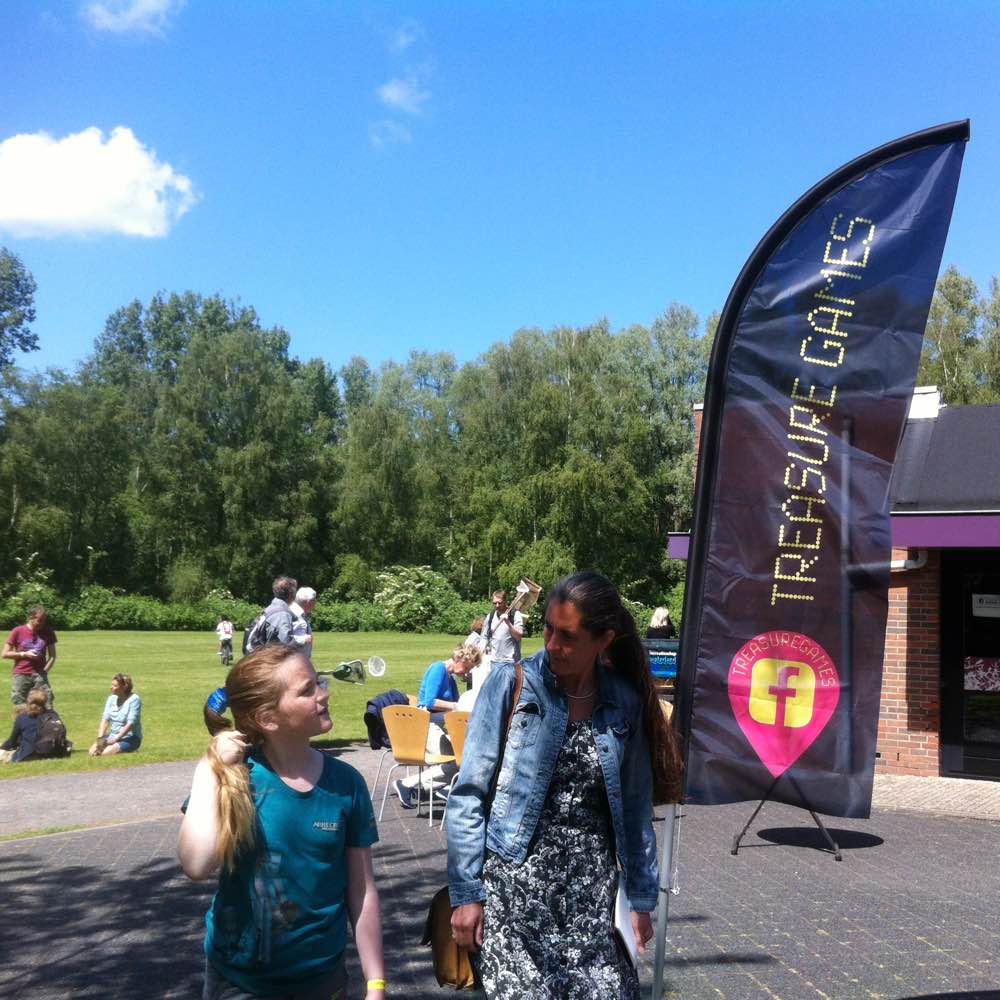
When the puzzle for the first set of coordinates was announced, we were slow to start. Othere people got to their bikes and raced off well before us. And when we got to the first waypoint (the big adventure playground), we were the last group to show up. But our local knowledge of the rest of het Twiske paid off for us, because we recognized the coordinates for each subsequent waypoint (boerderij, marina), and we were the first group to show up at each of them. When we got to the end of the tour (near the beehives right behind the information centre, natch), we were so far ahead of schedule that the organizers hadn’t even set up a chair to await the participants.
The last part was a small-scale treasure hunt in a marked-off area near the beehives. We each had to locate a camouflaged geocaching container. When we found one, we could take it inside, and exchange it for a prize! The curious thing was that we could choose which prize we wanted. I had expected that each cache container would be associated with a random prize, so that the top 20 people who completed the tour would have an equal shot at the first prize. Instead, it was very much a case of first come, first served. Fiona, Abi, and I had each registered as individual partipants, so after finding a cache, we were each allowed to pick a prize.
One of them was the balloon trip for two, of course. I had thought that Alex might be interested in it, but in the end it looks like Abi and Fiona will be taking it. (I still haven’t got around to making the booking.) There will be photos of that when it happens…






